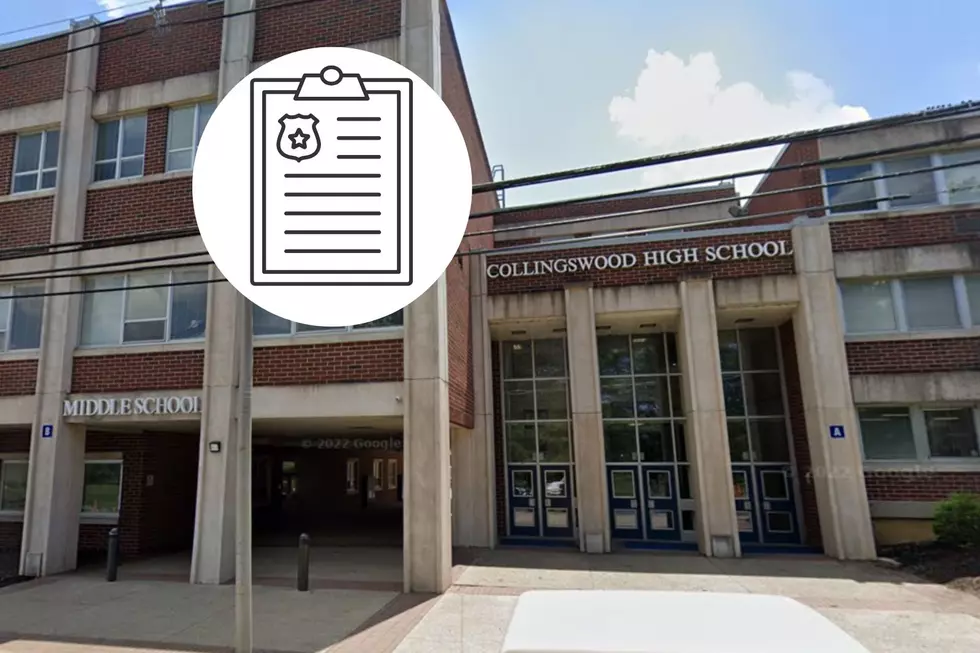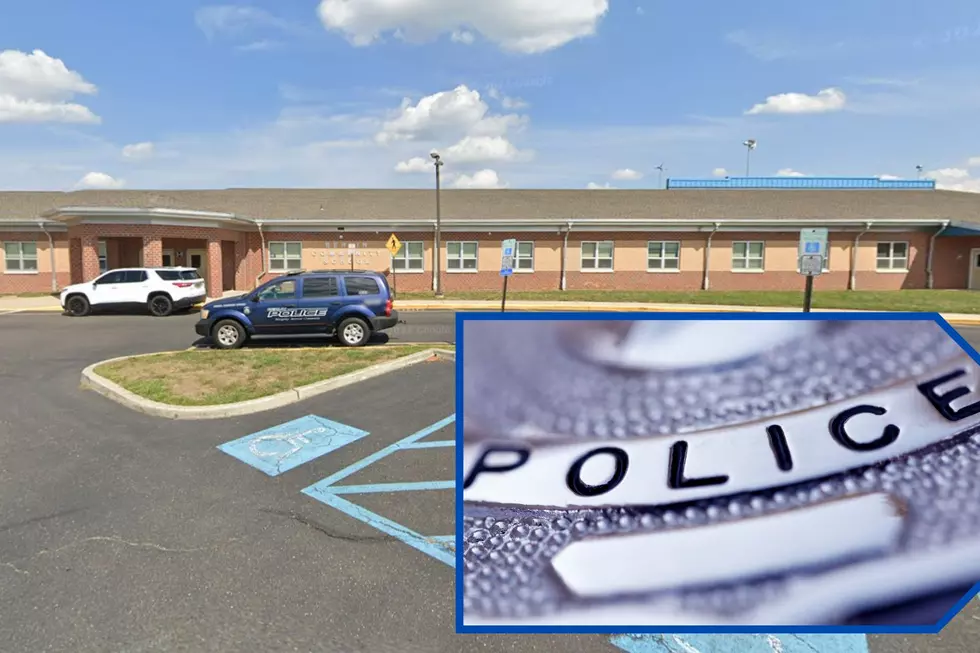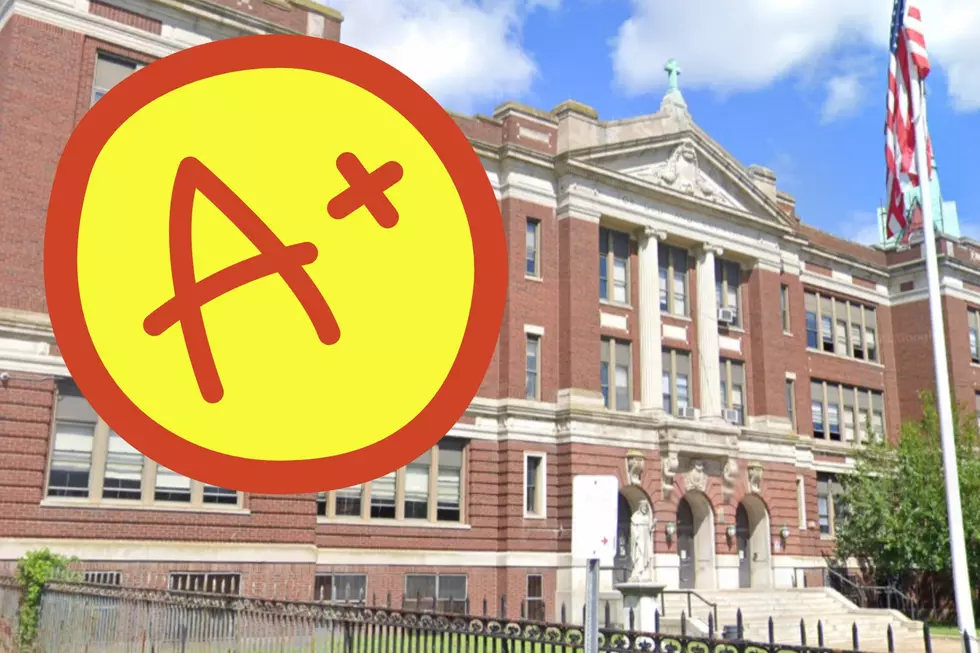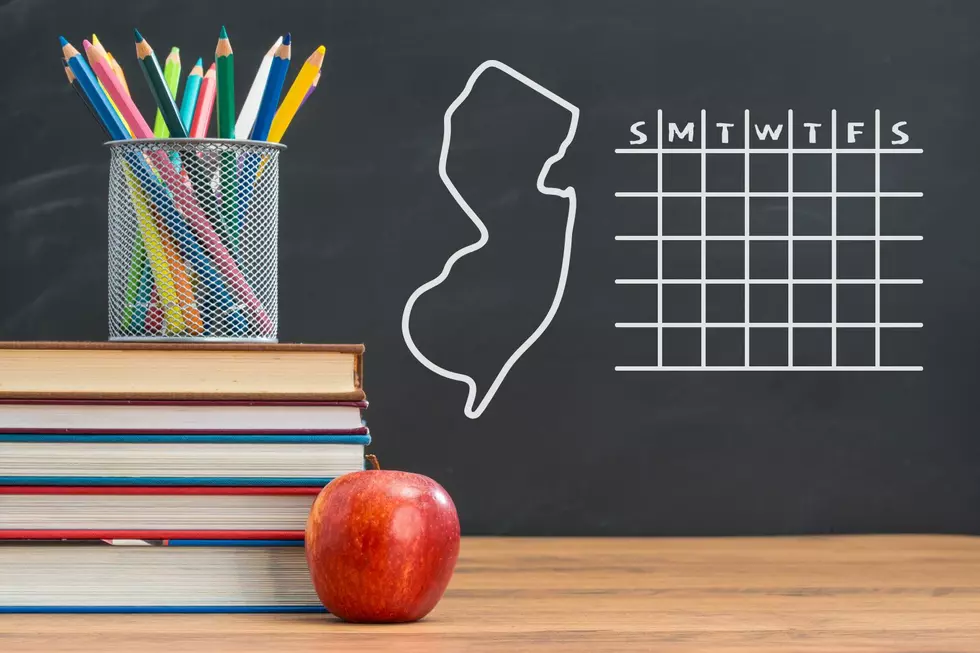
1 in 5 kids might have dyslexia, but not all NJ schools are prepared
You might think that if someone is dyslexic, they see words and number sequences backwards.
That’s not the case. It turns out a lot more New Jersey residents may have some form of this disability than you would ever suspect.
“Science is showing between 10 to 20 percent of the population is dyslexic, or has some level of dyslexia,” said Liz Barnes, founder of Decoding Dyslexia New Jersey, a grassroots movement driven by Jersey families concerned with the limited access to educational interventions for dyslexia within our public schools.
She said dyslexia is a language-based learning disability that affects everyone slightly differently.
“There’s a section in the brain that controls language processing and (for) people that are dyslexic, that section just doesn’t work as well as people that are non-dyslexic,” said Barnes.
Dyslexia can affect reading, writing, spelling and pronouncing words.
“With dyslexics, often it’s a slower process for them to build those skills and retrieve those skills,” she said.
Warning signs
She said dyslexia can be identified as early as in pre-school.
“Maybe they were slow to start talking, they will have trouble learning the letters and making the letter sound associations,” she said.
“Other indicators for dyslexia are having difficulty counting or grouping words together that rhyme."
Barnes said when children are older, comprehending what’s on a written page can get difficult.
“It’s basically that this word means this, and therefore every time I see it, I know what that word is. That word retrieval process for them is often really lacking,” she said.
“They’ll figure out a word on page 3, they’ll see the same word on page 5 but it’ll look like a brand new word.”
She noted most dyslexic individuals have average to above average intelligence, but many adults with the condition avoid reading, figuring they’re just not very smart.
“They will get into jobs that are much more hands-on, they will avoid things that will put them in that situation where they have to read out loud,” said Barnes.
“They may have trouble remembering names, particularly in a workplace environment. They may not even always remember the names of their co-workers. It’s all part of the difficulty with that recall process.”
She explained there are many types of dyslexia: it’s mild in some and more severe in others, so some kids who are dyslexic may be able to sound out words, but they struggle with the basics of handwriting or spelling.
“Yes, you have spell check, but sometimes the word isn’t even anywhere near the word that spell check can come up with.”
She added, “A lot of kids may understand the math concepts but they can’t master the math facts. If they’re given ways to help them remember math facts then they’ll be able to do higher level math.”
What kind of programs for the dyslexic are in New Jersey schools?
Barnes said several methodologies can be effective, including one called structured literacy, where students are taught in a very systematic, structured and logical way.
“Some school districts have started building these programs into their systems, some have not.”
"We’re starting to see some pockets of dyslexic service, and we’re hoping things will improve, but not all families have options.”
You can contact reporter David Matthau at David.Matthau@townsquaremedia.com
More From New Jersey 101.5 FM









